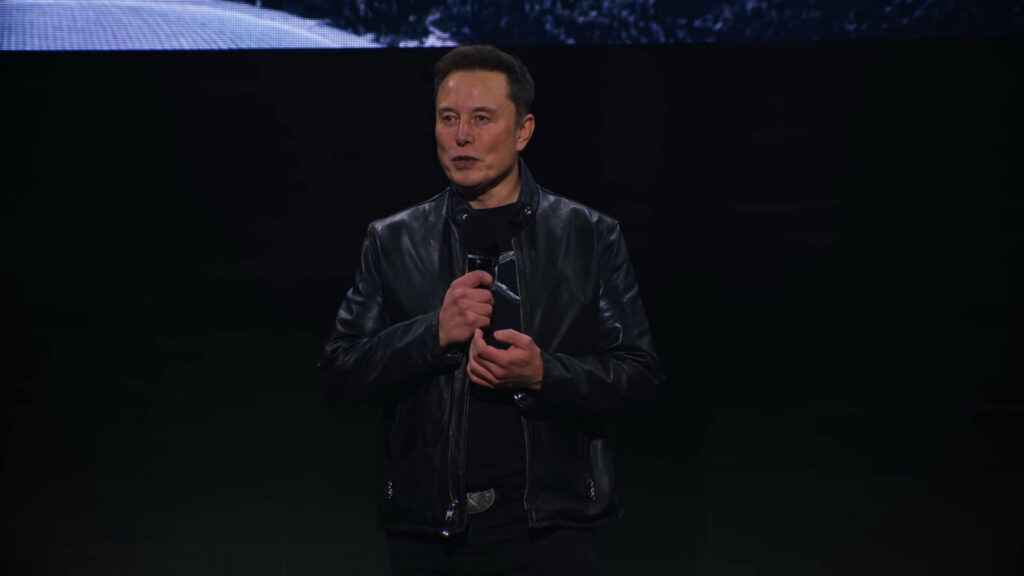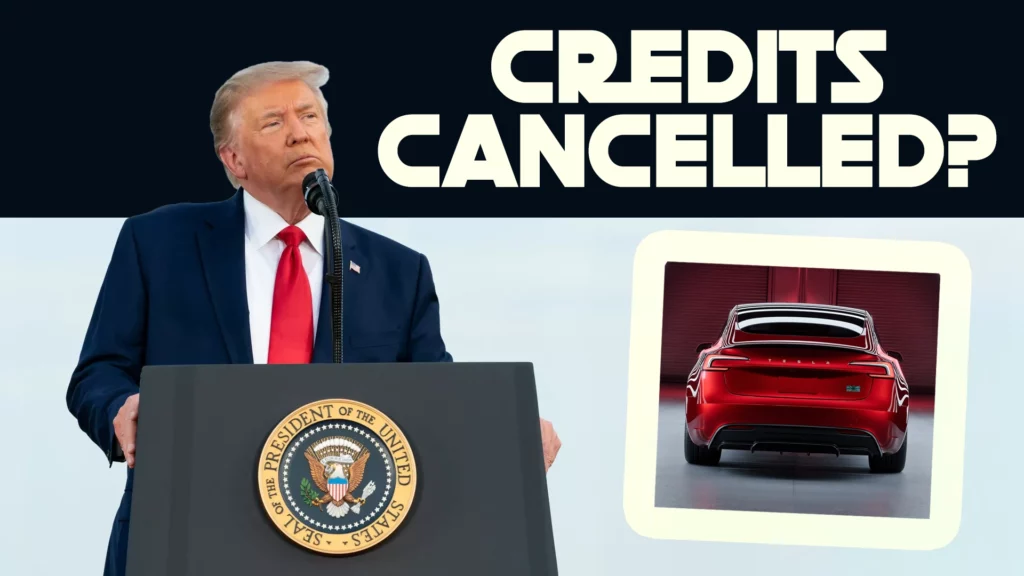- A new report suggests that President Trump will attempt to scrap the $7,500 EV tax credit when he returns to the White House next year.
- Tesla is said to back the move, with its CEO, Elon Musk, being a huge Trump supporter.
- The elimination of the tax credit could have a devastating impact on EV sales, automakers, and autoworkers.
President-elect Trump is getting ready to return to the White House and that means big changes for the auto industry after years of a government-backed EV push. While specifics are still hazy, it appears the incoming administration wants to end the $7,500 federal tax credit.
Citing two people familiar with the matter, Reuters is reporting that Trump’s transition team is aiming to kill the EV tax credit as part of a larger tax reform program. Tesla is said to support the move and it’s clear CEO Elon Musk has Trump’s ear after backing him during the campaign.
More: Trump Threatens Mexican-Built Cars With A 200% Tariff
While killing the incentive is easier said than done, it took a little over six months for Americans to claim more than $1 billion in tax credits this year alone. That money helped consumers obtain more than 150,000 ‘clean vehicles,’ which the government said would save them approximately $1,750 annually on fuel and maintenance costs.
In June, the U.S. Department of the Treasury and the Internal Revenue Service said the new upfront tax credits have been used to purchase more than 125,000 new vehicles and more than 25,000 used vehicles. The credit for the former is up to $7,500 while used cars are eligible for up to $4,000.
If those credits come to an end, EVs could suddenly become a lot less appealing. This may prove disastrous for automaker who have bet heavily on electric vehicles and are already facing slower than expected adoption. It could also push even more companies to abandon or delay plans to go electric-only.
Carmakers aren’t the only ones that should be worried as employees who build EVs could find themselves without much to do if demand dries up. That’s about to happen at Ford as F-150 Lightning production will end later this month and not resume until 2025.
Wouldn’t It Hurt Tesla?

One might assume that Tesla and its boss would oppose eliminating federal EV credits. After all, the company has historically benefited from such incentives. But in true Elon Musk fashion, the narrative is rarely that straightforward.
During an investor call back in July, when asked whether a Trump presidency repealing the Inflation Reduction Act (IRA) might keep him up at night, Musk admitted that losing the credits would be “devastating” for Tesla’s competitors, but much less so for Tesla itself. In fact, he suggested that “long term,” such a move might actually benefit his company.
If anything, the mere rumor of the credits’ demise could ignite a frenzy of buyers rushing to secure EVs before year’s end (Model Y Juniper refresh and its light bars be damned). With Tesla commanding nearly 50% of the EV market share, it stands to be the biggest winner in this scenario. After all, Tesla has historically relied less on incentives than its competitors, due to its strong brand and market position.
Without those credits, many of Tesla’s rivals, who have sunk vast sums into EV development, would be in serious trouble—some potentially wiped out altogether. In contrast, Tesla’s established market dominance and scale would allow it to absorb the loss of incentives while continuing to lead the pack. Musk, it seems, is always ready to play the long game.





